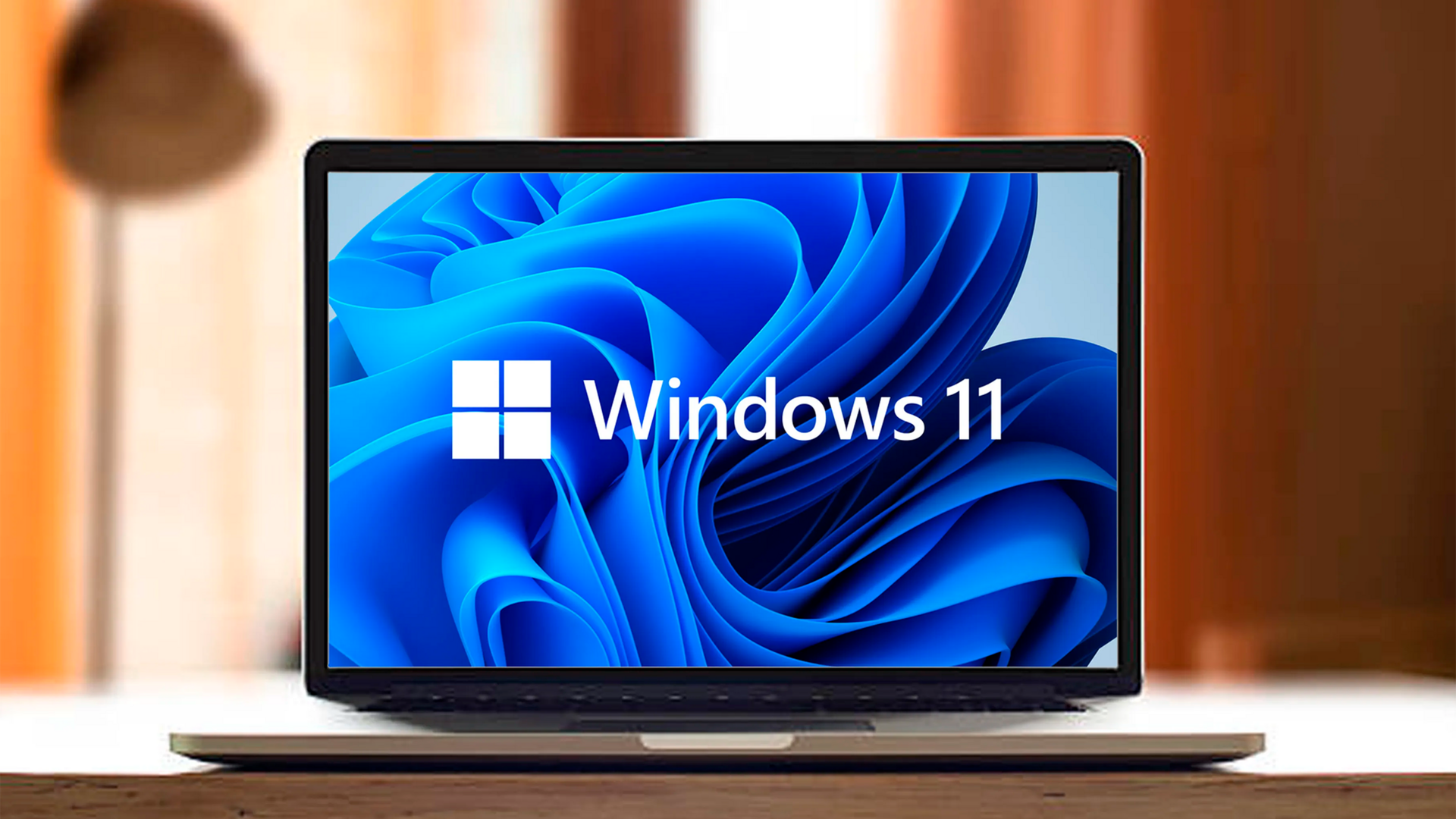
Will your old PC get Windows 11? Microsoft says NO!
What's the story
Microsoft has reiterated its position on the strict hardware requirements for Windows 11, stressing that the Trusted Platform Module (TPM) 2.0 is a non-negotiable requirement.
The clarification comes as the tech giant gears up to end support for Windows 10 in October next year.
The company detailed its stance in a blog post titled "TPM 2.0 - a necessity for a secure and future-proof Windows 11."
Hardware requirement
TPM 2.0: An integral part of modern PCs
The TPM 2.0 requirement was first introduced with the announcement of Windows 11 in 2021 and has since become a standard feature in most modern PCs.
It is either a hardware-level chip or firmware capability that enables encryption/decryption of data, verification of digital signatures, and other cryptographic operations.
Steven Hosking, a senior product manager at Microsoft, emphasized the importance of this feature in bolstering security on Windows devices.
Security enhancement
TPM 2.0's role in future-proofing Windows 11
Hosking further explained that "TPM 2.0 plays a crucial role in enhancing identity and data protection on Windows devices, as well as maintaining the integrity of your system."
He also highlighted its importance in future-proofing Windows 11 against potential security threats, especially as more AI capabilities are integrated into physical, cloud, and server architecture.
The TPM is intricately linked with new security features in Windows 11 like Credential Guard and BitLocker disk encryption.
Firm position
Microsoft's stance on hardware requirements for Windows 11
With TPM 2.0, Microsoft has made it clear that it is not going back on these hardware requirements and has set the standard in stone for the future of Windows.
Along with TPM 2.0, Windows 11 machines also need to support virtualization-based security and hypervisor-protected code integrity (HVCI).
Meaning, only CPUs launched from 2018 onwards will work with the new OS.
Compatibility checks
Workarounds and Microsoft's push for hardware compliance
Despite these strict requirements, several workarounds have been discovered over the years to run Windows 11 on unsupported hardware.
However, Microsoft has been progressively tightening its upgrade and setup process, especially with the recent 24H2 update.
This enhanced compatibility check has led to tools like Flyby11 using a Windows Server variant of the installation to bypass these checks.
Upgrade prompts
Microsoft's push for Windows 10 users to upgrade
With the end of support date for Windows 10 looming, Microsoft has been pushing users to upgrade their systems.
Now, the company is pushing Windows 10 users with full-screen alerts about the need to buy a new PC.
The move is similar to Microsoft's previous attempts to push upgrades from older versions such as Windows 7 and 8.1 to newer versions of its OS.